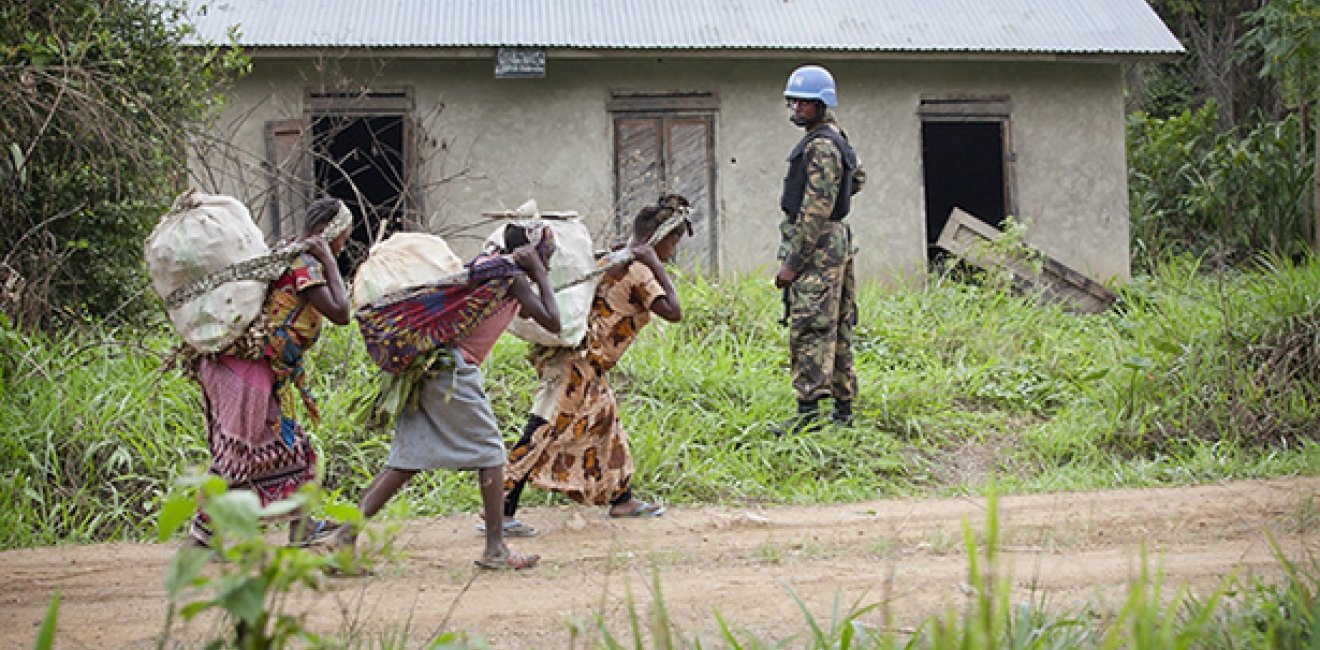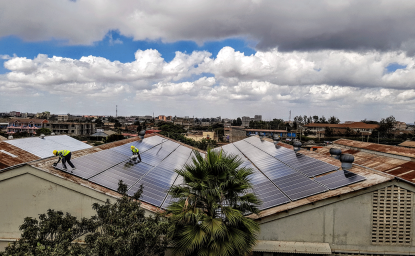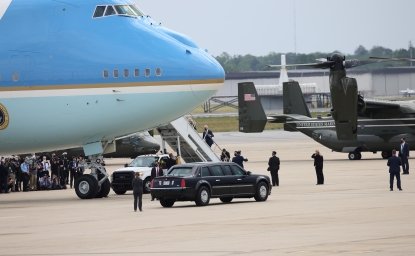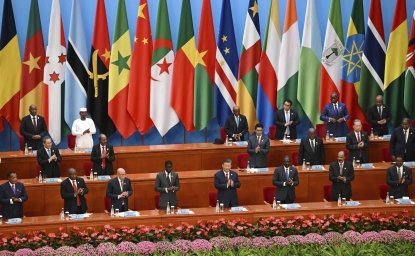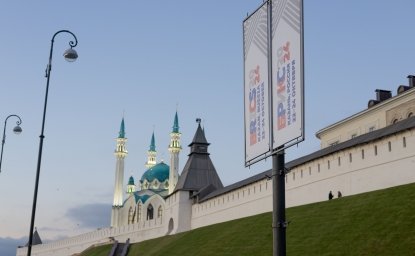
A blog of the Africa Program
The Beni people are demanding the departure of the United Nations Organization Stabilization Mission in the Democratic Republic of the Congo (MONUSCO). Since October 2014 to this day, close to 6 years, the civilian population of Beni in the North Kivu province of the Democratic Republic of the Congo (DRC) have been the victim of repeated atrocious massacres that the Congolese army and the United Nations troops are struggling to stop. This situation has caused revolts among the people who accuse the Congolese army and United Nations troops of complicity in the massacres.
One could ask the following questions: What is the scale of the massacres? Who is responsible for it? Why does the government seem overwhelmed, MONUSCO confused, the population exasperated, and public opinion disoriented?
The Massacres
A recent sample sheds light on the situation. From November 5, 2019 to December 31, 2019, 165 civilians, including a large number of women and children, were brutally massacred in several villages of Beni. These massacres are often done with machetes, knives, and axes. The entire population of the region has been traumatized by these experiences and images. It is also troubling that these atrocities are sometimes committed only a few meters from the MONUSCO camp, and occur without their intervention.
Who is Responsible for the Atrocities?
The Allied Democratic Forces/National Army of Liberation of Uganda (ADF/NALU) is a coalition comprised of Ugandan rebel movements that failed to overthrow President Museveni in Kampala. ADF was created in 1995 in Uganda by members of the Tabliq Islamic sect, who were expelled from the Uganda National Mosque. This sect then allied itself with the National Army for the Liberation of Uganda. Following the merger, the ADF/NALU took refuge in the DRC and is now one of the armed groups operating in the Ruwenzori Mountain region in eastern DRC, and along the border of Uganda. Today, the central core of this group is made up of Islamists, extremists, and terrorists. According to some sources, the ADF/NALU has joined the Islamic State group coalition. However, its configuration in the DRC is a complex reality that requires a new understanding.
However, several civil society organizations and church groups in this region and some sources believe that the ADF/NALU is not solely responsible for the killings and that their ranks include some corrupt members of the national army (Force Armée de la republique democratique du Congo (FARDC)), who work alongside the ADF/NALU. Civil society organizations justify their position based on the fact that these rebels are often aware of army movements. Numerous reports indicate corruption, including the names of the officers who are linked to rebel groups in Beni, but only a few have been arrested or charged.
What does MONUSCO do?
According to the United Nations Security Council Resolution 1493 adopted on July 28, 2003, United Nations troops have an international mandate to protect the civilian population from violence and support the national army in the DRC, with troops stationed in several areas within Beni. Yet, the population accuses them of not responding even when the killings take place a few meters from their camps. A report by the Justice and Peace Commission of Butembo Beni speculates that MONUSCO could also be an accomplice, "MONUSCO [is] shone by a suspicious passivity which does not exclude complicity." This statement is not made lightly. In 2016, Dan Fahey, a former member of the UN group of experts on the DRC had described how MONUSCO was misled by its informants. In 2018, Nicaise Kibel'Bel Oka, a journalist and editor of the newspaper Les Coulisses of Beni, reported that within the staff of MONUSCO there were individuals who financed the rebels of Beni.
Does MONUSCO Have to Leave?
As much as we understand the anger of the Beni people and their request for the departure of MONUSCO, analysts suggest that this would be a disastrous solution that would not solve the problem. To be fair, it must be said that MONUSCO has lost many soldiers in Beni in its mission to support FARDC. Also, whenever FARDC has won a victory over rebel groups, it has mainly been with air support from MONUSCO. On the other hand, the primary responsibility for the security of the population lies in the hands of the Congolese state. Thus, faced with the weakness of FARDC to put an end to this rebellion, MONUSCO seems to be the perfect scapegoat due to its rules of engagement that do not favor rapid intervention in the villages where they are called to the rescue. The solution would therefore not be the departure of MONUSCO, but the establishment of early warning mechanisms that can anticipate attacks from rebels; the consolidation of FARDC in order to protect the civil population; the swift deployment of UN troops for interventions; and, improving collaboration between FARDC, MONUSCO, and community leaders in Beni.
Rigobert Minani Bihuzo is a current Southern Voices Network for Peacebuilding (SVNP) scholar with the Wilson Center Africa Program during the spring 2020 term. He is a Ph.D. candidate at the Catholic University of Paris (Institut Catholique de Paris).
Author
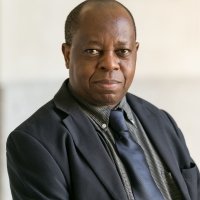
Head of the Research and Socio-Political Department, Centre d’Etudes pour l’Action Sociale (CEPAS), the Democratic Republic of the Congo

Africa Program
The Africa Program works to address the most critical issues facing Africa and US-Africa relations, build mutually beneficial US-Africa relations, and enhance knowledge and understanding about Africa in the United States. The Program achieves its mission through in-depth research and analyses, public discussion, working groups, and briefings that bring together policymakers, practitioners, and subject matter experts to analyze and offer practical options for tackling key challenges in Africa and in US-Africa relations. Read more

